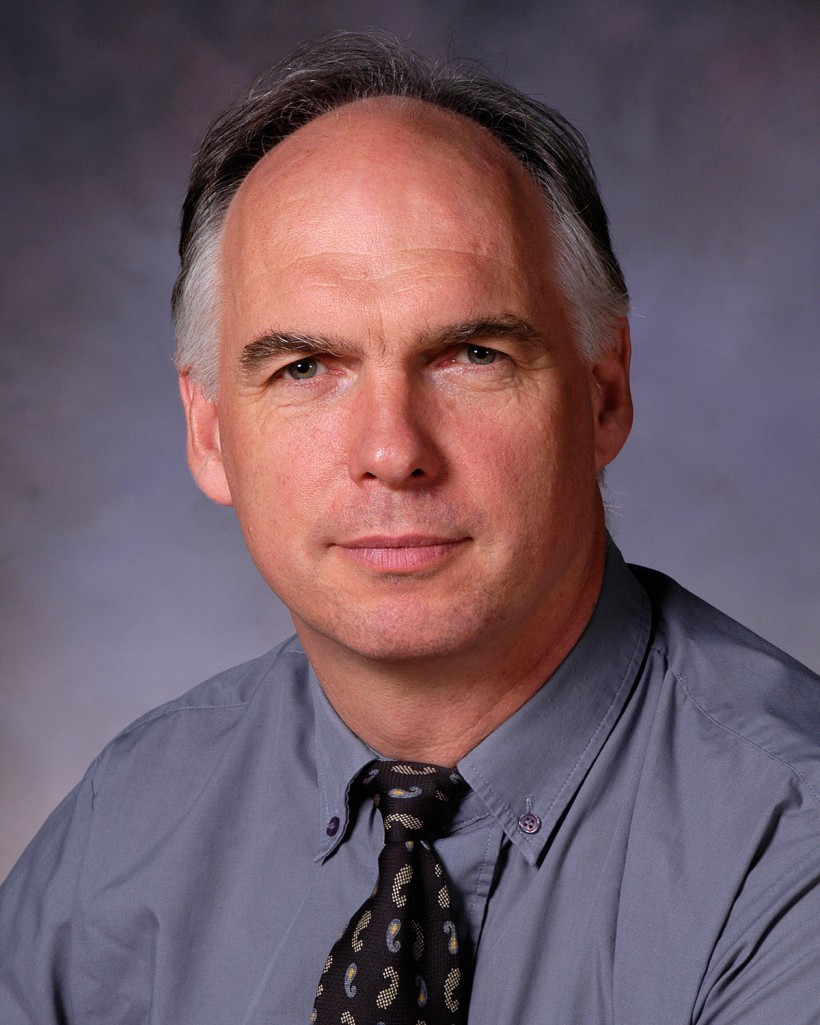Rory Francis’s voice crackled with enthusiasm as he spoke by phone from Charlottetown. “We’re defying gravity here,” said the executive director of the Prince Edward Island BioAlliance as he revealed that, after a decade of careful nurturing, the life sciences sector on the Island is becoming an increasingly significant contributor to the economy.
The BioAlliance has recently completed its first economic impact audit of the Island’s life sciences sector and the evidence shows rapid growth.
“We have 39 companies bringing in $150 million in sales,” Francis said. “The life sciences sector is now providing 2.9 per cent of GDP (compared to 10 per cent of GDP for P.E.I.’s biggest industry, agri-food). The life sciences sector has only been around for a decade, but we’ve averaged a revenue growth rate of over 30 per cent over the last few years.”
Growth has been achieved largely by focusing on developing segments such as natural health products and animal medicine — sectors that hearken back to the Island’s historic expertise in agriculture.
“Developing these sectors is less expensive in the sense that it’s a shorter time to market,” Francis explained. “We work in the food-to-pharmaceutical continuum, but the pharmaceutical sector takes huge money and many years of development. We have a few companies in that space, but they will need big brothers to come and finance them getting to market.”
The sector has seen some very big successes, with companies such as BioVectra and Novartis now bringing in tens of millions in revenues.
Francis said the focused approach among the members of the non-profit BioAlliance network has been key to success. The network consists of businesses, academic and research organizations and government agencies who work collaboratively to grow the sector.
“From Day 1 we’ve used our small size to our advantage by using the relationships we have to work together in an economic development role,” said Francis, who has been executive director since 2004.
“We do collaborative due diligence to see if a company is a good investment. We know what each company needs. It’s not a fill-in-the-box process; we listen first. The companies don’t have to figure out which doors to knock on. We take that stress out of the process.
“We have to provide an ecosystem that allows companies to choose P.E.I. as the place they want to develop their companies,” he continued. “We’re always answering the question: ‘Why P.E.I.?’ because good companies and good technology can be wherever they want.”
The focus on life sciences began in 1997 when Francis, then deputy minister of agriculture, started a life sciences research group to consider how to better use the sector’s assets. Growth has accelerated during the last 10 years as the members of the alliance have honed their processes. A large new batch of companies, including Nautilus Biosciences, Island Abbey Foods and Neurodyn are now coming into their own.
Francis believes other communities would do well to create similar networks and development models.
“Across Canada we need to diversify beyond resource-based industries. In this region, the demographic shift will kill us if we don’t develop industries that will bring back the Atlantic Canada brainpower now working in other places.”
A P.E.I. native, Francis juggles many other advisory and mentoring roles, including with the Canadian Agri-Food Policy Institute, the Vineland Research and Innovation Centre and the Eastern Canada Oilseeds Development Alliance.
An avid naturalist and a geologist by training, Francis is never happier than when canoeing in “the little piece of heaven” that is Kejimkujik National Park.
He is also working with others to refocus the Island’s food sector, believing that the sector could be revitalized by novel products if Islanders use new technologies that add value and connect with their global networks. “P.E.I. has a food brand that has huge potential.”










